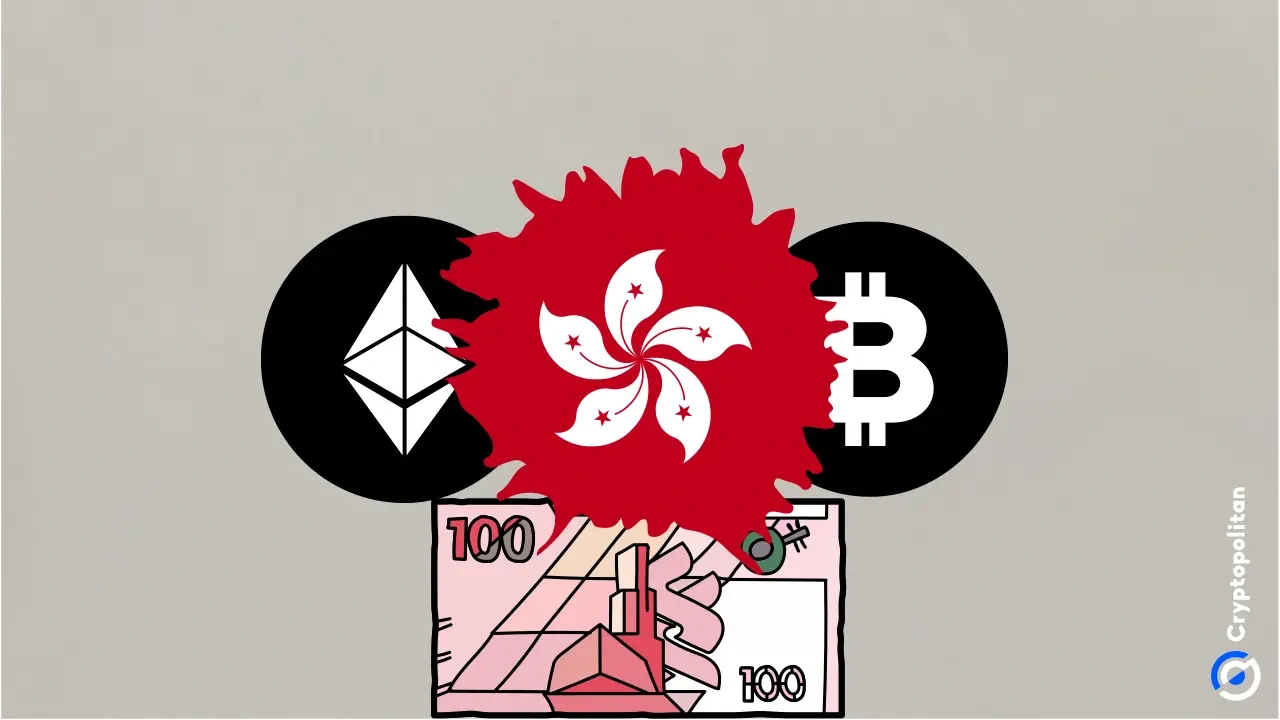Hong Kong officials have decided to turn their attention to cryptocurrencies as they brace for the impact of United States President-elect Donald Trump’s “unpredictable” policies. In its recent Belt and Road Forum, the officials earmarked the country’s many crypto trails and regulations as one of its strengths in the face of uncertainties.
While the euphoria of Trump’s re-election has been powering Bitcoin for a while, the officials are wary of his decisions.
Chairman of the think tank Silk Road Economic Development Research Center, Joseph Chan discussed Trump’s unpredictable nature. “Trump is unpredictable. He may change his mind tomorrow; you never know,” he said.
Chan was also one of the organizers and panelists at the recent Web3 and digital economy event. However, he believes the country’s consistent regulation is a win, noting that it is the right approach.
Hong Kong officials discuss blockchain at its Belt and Road forum
The Belt and Road Forum is a series of events held in Hong Kong to push the Belt and Road initiatives. The event discusses the promotion of trade and development among select regions. Hong Kong has been a driver of this initiative, showcasing its role in cross-border payments facilitation. The local government has also often talked about the role that blockchain could play in achieving the initiative.
In his opening remarks, Hong Kong Chief Executive John Lee Ka-chiu talked about tokenization. In the speech delivered via a video, he noted that tokenization, which requires putting real-life assets on a blockchain, is gaining influence in the finance industry in Hong Kong. He also included blockchain’s ability to help its cross-border payment push, the same key topics that were discussed during the Fintech week in October.
“Our robust capital support forms a solid foundation to foster the digital economy. This is bolstered by a vibrant fintech ecosystem encompassing over 1,100 companies,” Lee said.
Hong Kong has been making a big push into the Web3 industry following its recent failure to make headway during the pandemic. Big companies pulled out of the program citing issues related to the regulatory uncertainty in the region.
While it released a new mandatory modality to solve any issues related to regulations on the part of the government, the program has not been as successful as expected. It has raised eyebrows among crypto participants, seeing few applicants.
Chan acknowledges the need for a regulatory shift
In his statement, Chan highlighted that Hong Kong needed a regulatory shift to catch up with other countries.
Meanwhile, the United States is on its way with the recent appointment of Paul Atkins as the new Securities and Exchange Commission (SEC) Chairman. With Gensler billed to step down with the outgoing administration, the market will breathe a sigh of relief following the appointment of pro-crypto Atkins.
However, Chan noted that Hong Kong is still quite young in the crypto industry. Regardless, he feels Hong Kong has what it takes to lead globally. Chan said it would happen eventually, but he doesn’t see it happening in Trump’s regime. Chan said Trump taking office will give the United States an upper hand. “Because the policy suddenly eased with Trump taking office, the US may have an upper hand in the next three years,” he said.
Chan believes that in 10 years, it will be a new dawn for the industry, and Hong Kong could play a bigger role. Hong Kong’s regulation appears fair, and has been tipped to attract investors because it promises protection, Chan noted.
Founder and CEO of Red Date technology, He Yifan said that “if [mainland] China doesn’t open up to crypto before Trump leaves office, then it probably won’t ever open up.”
China currently holds the second most Bitcoin, behind only the United States. Most of the assets were confiscated as proceeds of crime.
Land a High-Paying Web3 Job in 90 Days: The Ultimate Roadmap





